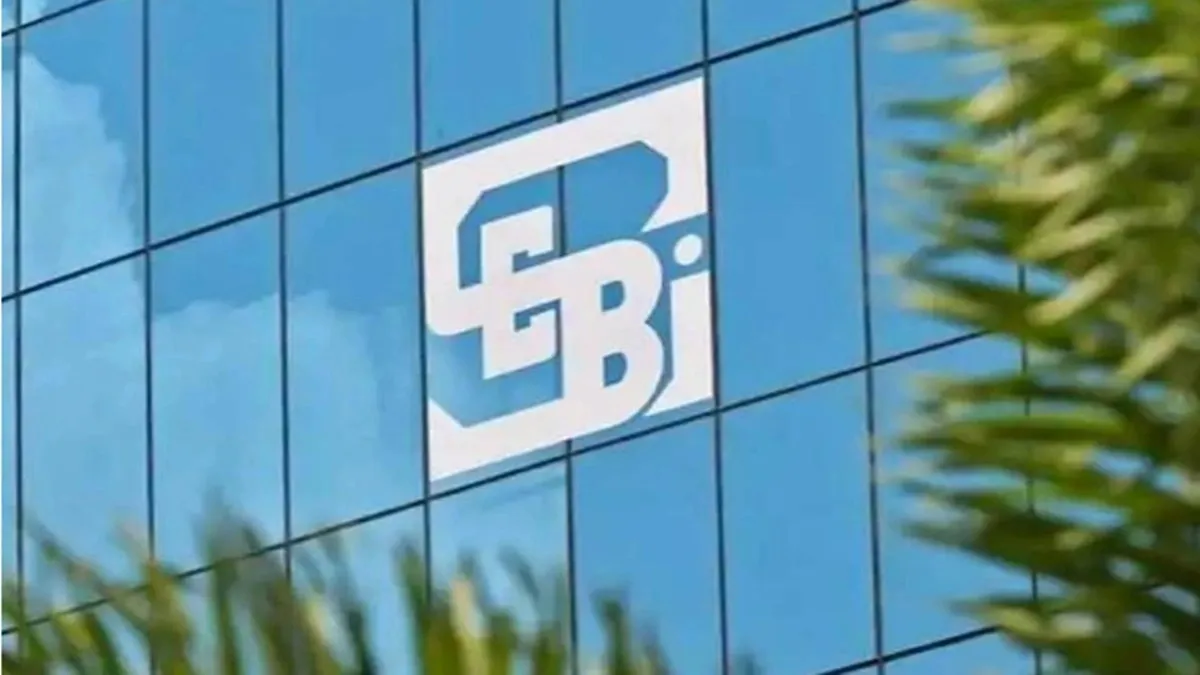Several companies opt to do a buyback of shares via the open market—stock exchange—route. This route is prone to misuse, with the tender route being a more efficient way of returning surplus funds to the shareholders. Sebi is revisiting the rules on buybacks. Shobhana Subramanian looks at what the experts have recommended.
The routes to do a buybackThe first option for companies is to buy back shares through a tender offer. In the tender route, the price is pre-determined, so the shareholder knows he will get that price. The number of shares bought is in proportion to the shares owned by the investor. All shareholders, including promoters, can participate—through stock-brokers during market hours. The money will be received as per settlement rules.
The second option is buying in the open market, either on the stock exchange or via book building; the latter is rarely used. In the open market route, firms have much more flexibility as the price announced is the maximum price. Shareholders may not always get this price and could end up getting much less.
Sebi is not happy with the timeline…Sebi is relooking the rules, especially the six-month timeline for buying the shares. Experts point out that such a long period of time often results in artificial demand being created for the company’s shares; the market prices may, therefore, may not enable efficient price discovery.
In the past, promoters have often announced buybacks, but bought a limited quantity of shares. The Sebi-appointed sub-group recommends the timeline be first reduced to 66 days from April 2023, and to 22 days from April 2024.
The rules restrict companies from doing more than one buyback in a 12-month period. Since the companies may need to return surplus cash, the sub-group proposes they should be allowed to do two buybacks within the same time, but only via the tender route.
Where flexibility is needed…Existing regulations don’t provide for companies to revise the maximum buyback price once approved by the board of directors or shareholders. However, since there may be a substantial delay between the time of the approval and the time when the offer is opened, companies should have the flexibility to revise the buyback price before it opens. This is permitted to acquirers under the Sebi Takeover Rules of 2011.
Also Read: Sebi’s SCORES platform disposes of 3,010 complaints in November; receives 2,886 new plaints
The rules limit the buybacks to 25% of the paid-up capital and free reserves of the company—on both the standalone and consolidated financial statements—through the tender-offer route. The sub-group says this limit can remain for buybacks through the open market, and it can be raised to 40% for buybacks via tender offers. The ratio of the total secured and unsecured debt to the paid-up capital and free reserves post the buyback shall be less than or equal to 2:1.
Buybacks a good way to return cash…Buybacks are a better way to return cash than dividends, since they are voluntary. Indeed, there are promoters whose genuine intention is to return surplus cash to shareholders.
Buybacks are common when the market is in a downturn; promoters can use the company’s surplus cash to shore up their stakes passively, at a relatively low cost. This happens because the shares surrendered by investors are extinguished, lowering the equity capital and pushing up the promoter shareholding. When the number of shares falls, the EPS goes up.
Tightening the rules…The current rules require companies to ensure that at least 50% of the amount set aside for a buyback is utilised. However, the sub-group is of the view that the threshold of 50% can be raised to 75%. This would prevent companies from announcing buybacks without really intending to complete the buyback for the entire amount announced. This rule would apply only to buybacks via stock exchanges.
There could be some exceptions, such as when the volume weighted average market price of the stock is higher than the buyback price.
Buybacks (2018-22)201 issues via tender route
Offer amount Rs 1.26 trn
Acquired amount Rs 1.24 trn
79 issues via stock exchanges
Offer amount Rs 416.5 bnacquired amount Rs 288.3 bn
